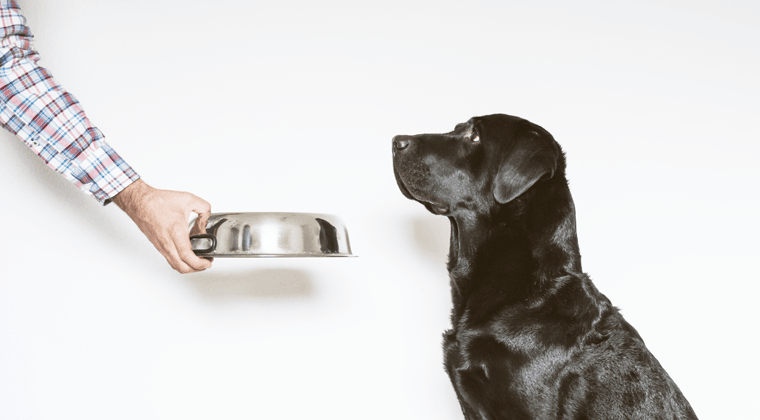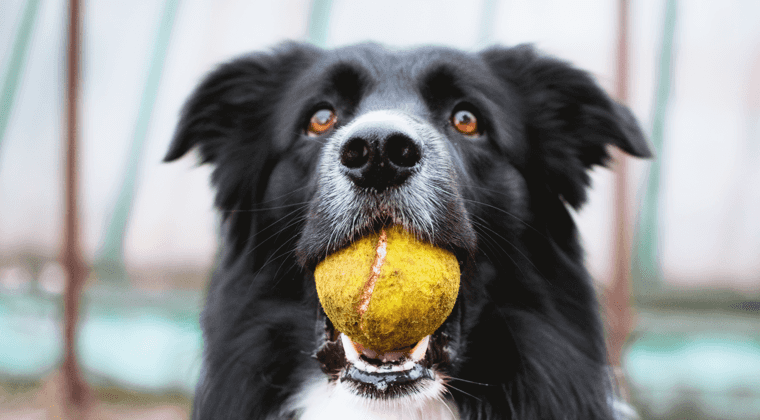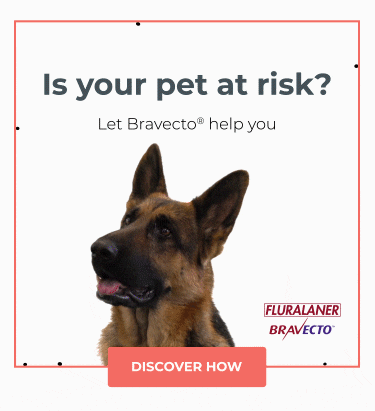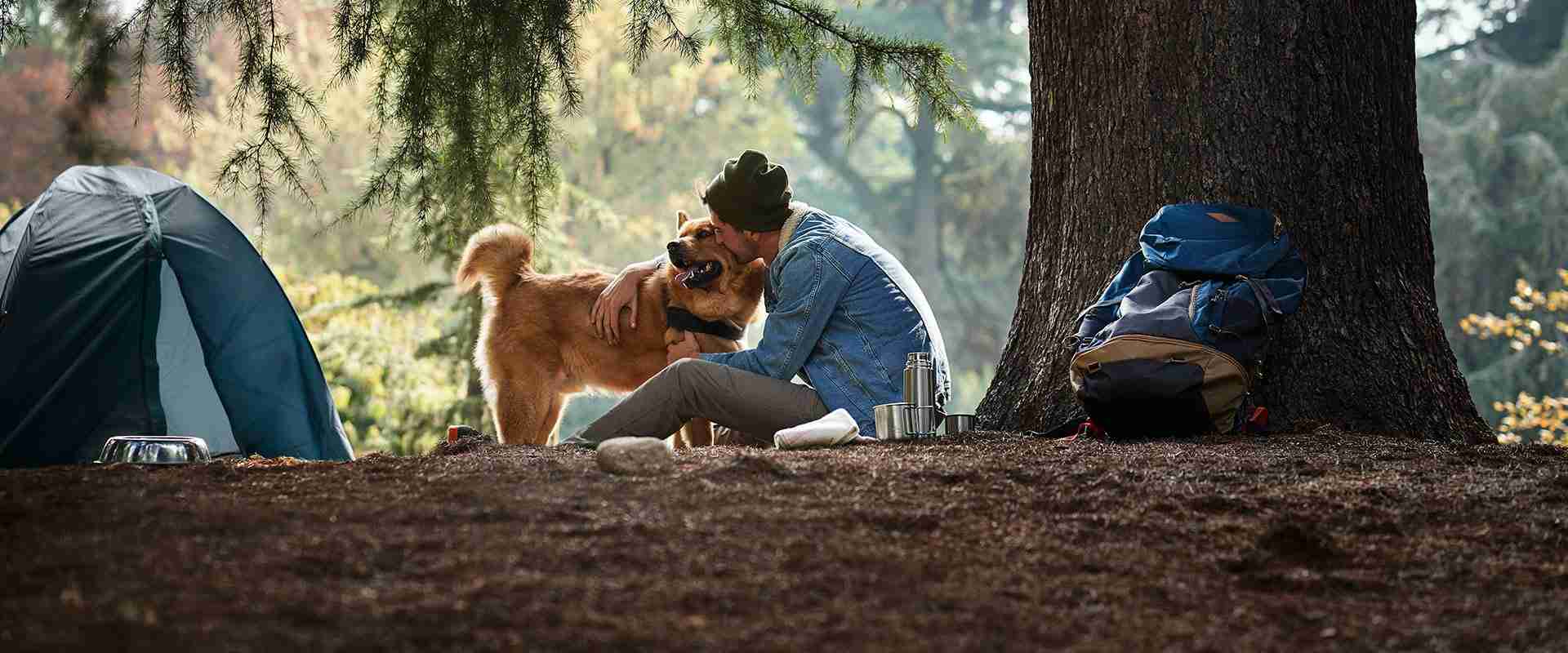How To Mindfully Parent Your Pet
CARE & NUTRITION
7 Oct, 2021
5 minutes

Parent Your Pet
Imagine for a moment what life would be like if the most demanding item on your to-do list was taking your dog for a walk or making sure that your cat climbed a cat tree two or three times each day. Mindful pet parenting is caring for your dog or cat in a way that’s healthy, engaging, and supportive. It’s committing to offer your furry family member the physical and mental stimulation they need to thrive. With just a little bit of thought and attention, you and your dog or cat can feel more enriched and empowered every day. Here are six ways to help you mindfully parent your dog or cat.
ENLIST EXPERT SUPPORT
Mindfully parenting your dog or cat isn’t something that you need to do alone. Proper care requires expert support. That’s where the vet comes in. One of the safest ways to make sure your dog or cat enjoys good health is to visit the vet proactively every year, even when nothing seems wrong. Your veterinarian examines and cares for hundreds of dogs and cats. He or she is a professional, well-versed in the physical and behavioral health and wellbeing of all animals—your dog or cat included. Regular vet visits help you keep your furry friend protected from the threat of serious disease, like rabies, in addition to detecting subtle changes in health that may otherwise go unnoticed. Establishing a strong relationship with your veterinarian is the key to staying on top of annual vaccinations, learning about the latest treatments in protection from dangerous parasites like fleas and ticks, and receiving expert advice on any behavioral issues that may develop over time. If you need help finding a vet in your area, try this easy-to-use vet finder.

REACH FOR HEALTHY FOODS
Proper nutrition is a crucial component of a healthy lifestyle for dogs and cats, not to mention humans! There is so much information about pet food online. Still, it is best to ask your veterinarian for healthy food recommendations, as well as healthy treat alternatives. Chances are, your dog or cat can benefit from good food choices, and some of those may already be in your refrigerator! It’s also worth noting that there are many foods that your dog or cat should never consume like onions, garlic, grapes, raisins, avocados, yeast dough, candy (especially chocolate), among many others. Take the time to research foods that may be toxic for your dog or cat. When you commit to helping your dog or cat eat healthy foods, you offer them the chance to feel better and have more energy.
SCHEDULE REGULAR EXERCISE
When your dog or cat has more energy, daily exercise becomes second nature. One of the benefits of having a dog is the regular exercise that you both receive from taking walks together. Likewise, one of the benefits of having a cat is finding ways to help your cat stay active, especially if your cat is an indoor cat. If you keep your furry friends busy throughout their entire life, you’ll help them avoid obesity and the chronic illnesses and conditions that may result from excess weight, like pet diabetes, high blood pressure, or liver disease.

CREATE A STIMULATING ENVIRONMENT
Your dog or cat will probably spend more time in your home than you. Create the space for your furry friends to be active, as well as space for them to feel comfortable and welcome. To do this, consider their animal instincts. For instance, dogs are pack animals—they thrive in environments where there is some form of social structure. Try to place your dog’s belongings, like toys, pillows, and blankets, in areas where you or other members of the house tend to congregate. If your dog is crate-trained, keep your dog’s crate in a bedroom, so at night your dog won’t feel isolated and alone in a room. Cats, on the other hand, are much more solitary, so you may want to place things like a cat tree or a cat cave in a room that’s not always teeming with people. Cats are very active hunters, though, so it would be a good idea to keep toys like mice and feather wands within your reach so you can engage your little hunter on the fly.

TRAIN FOR SAFETY
Sometimes it’s challenging to prepare for the unexpected, which is why command training is so necessary. The reasons for training are simple – dogs and cats who can respond to simple commands or gestures are safer indoors and out. Command training can alert them to stop moving when in danger or to drop food that might be toxic for them to ingest. Many dogs and cats respond to positive treat training, but you may need to experiment a bit, read books or invest in group training (especially for your dog) to find a system that yields positive results.
KEEP IDS CURRENT
Your dog or cat should always wear an ID tag attached to his or her collar. You may also want to talk to your veterinarian about microchipping your dog or cat. Both forms of identification help your dog or cat return home safely if they wander off, or if they are separated from you during a natural disaster.
Mindful pet parenting helps to keep priorities like health, wellbeing, and safety in order. It also enables you to create a network of reliable support to help you care for your furry friend throughout life. You’ll find that you also benefit from establishing the boundaries around a healthier lifestyle and living space that’s genuinely pet-friendly.
RECOMMENDED
POPULAR PAGES






